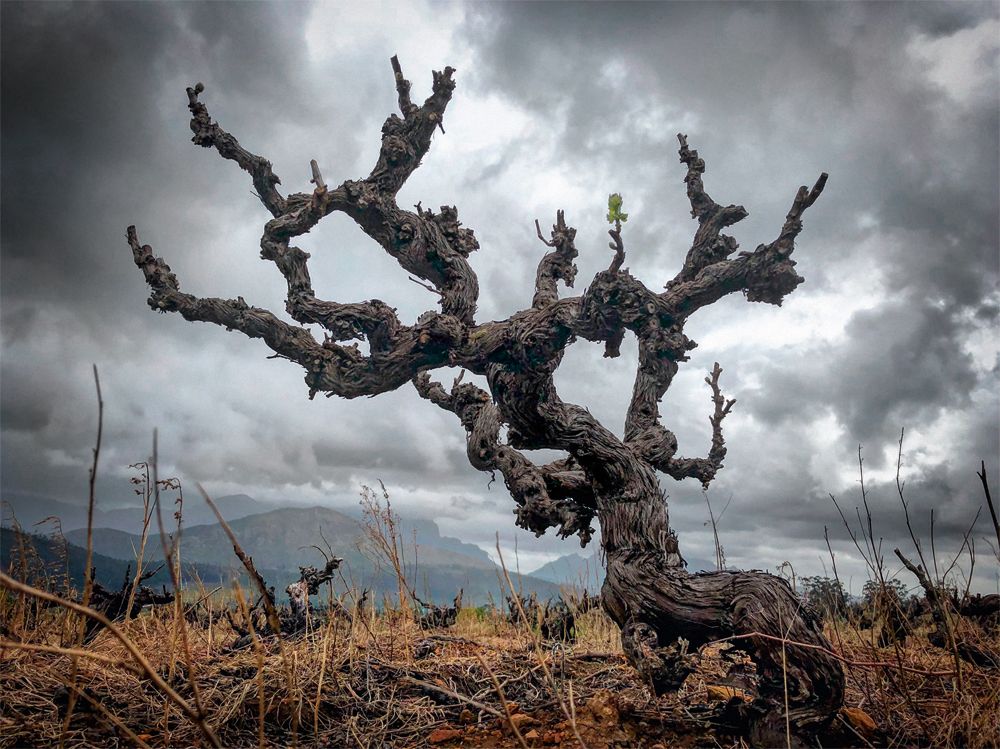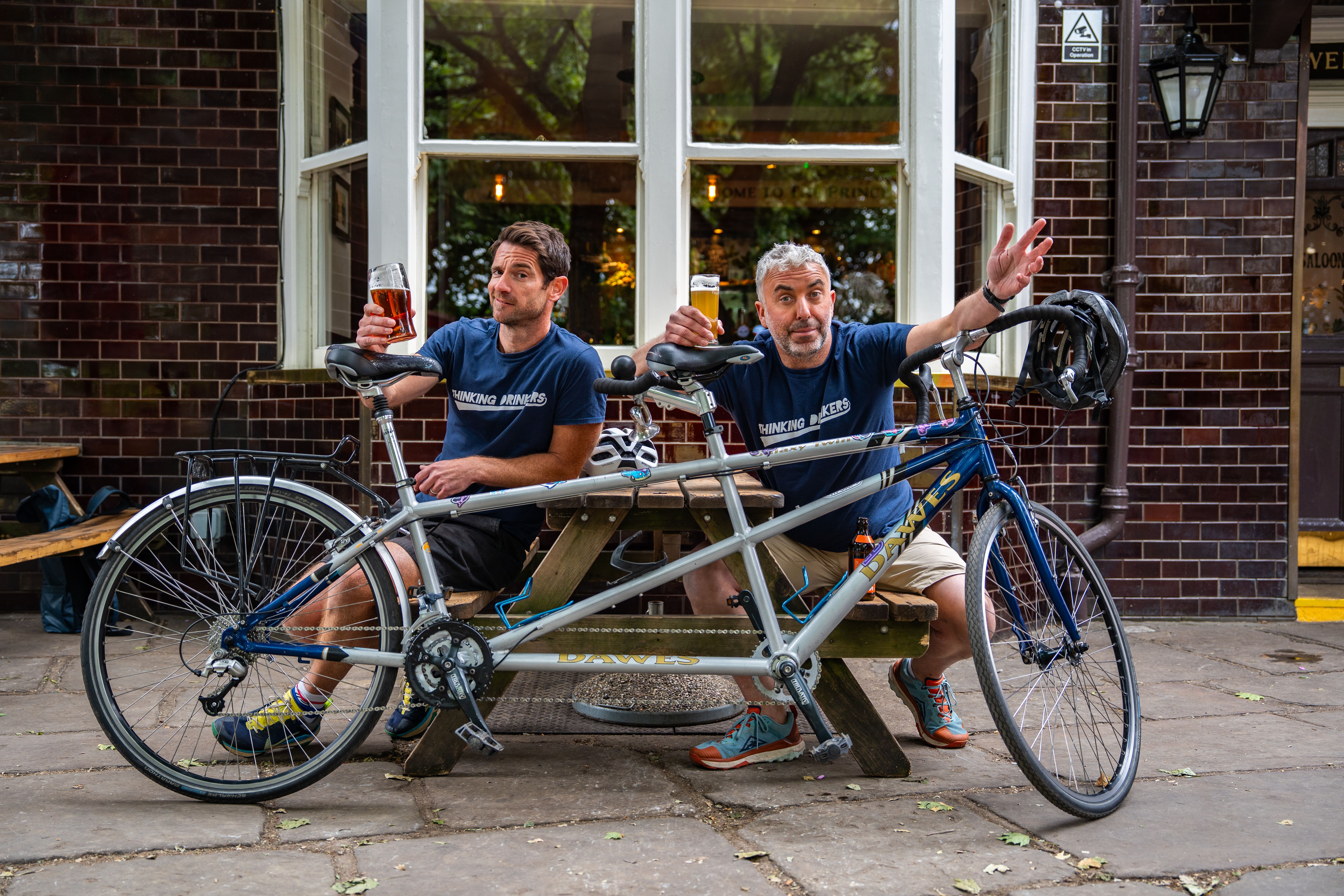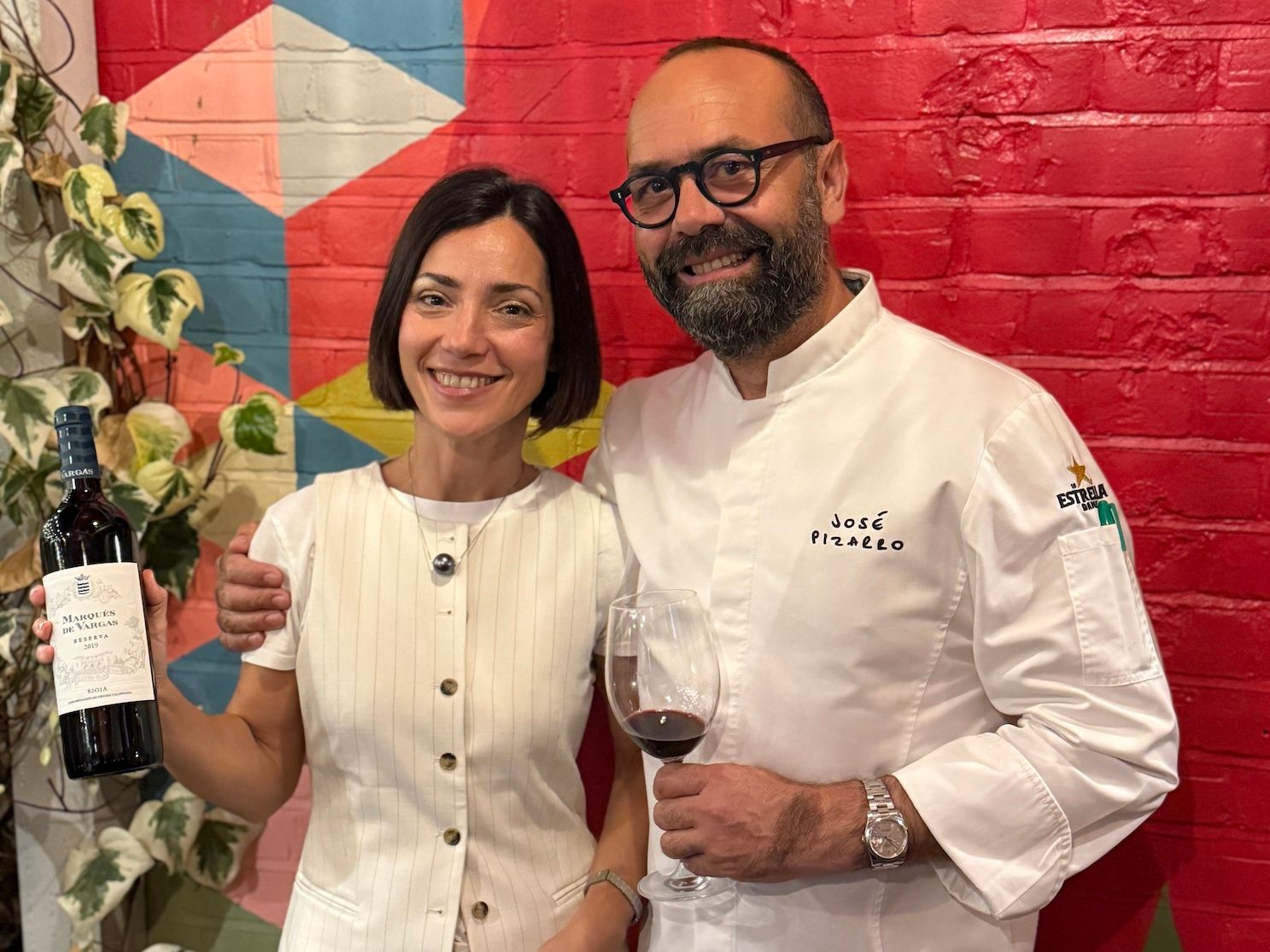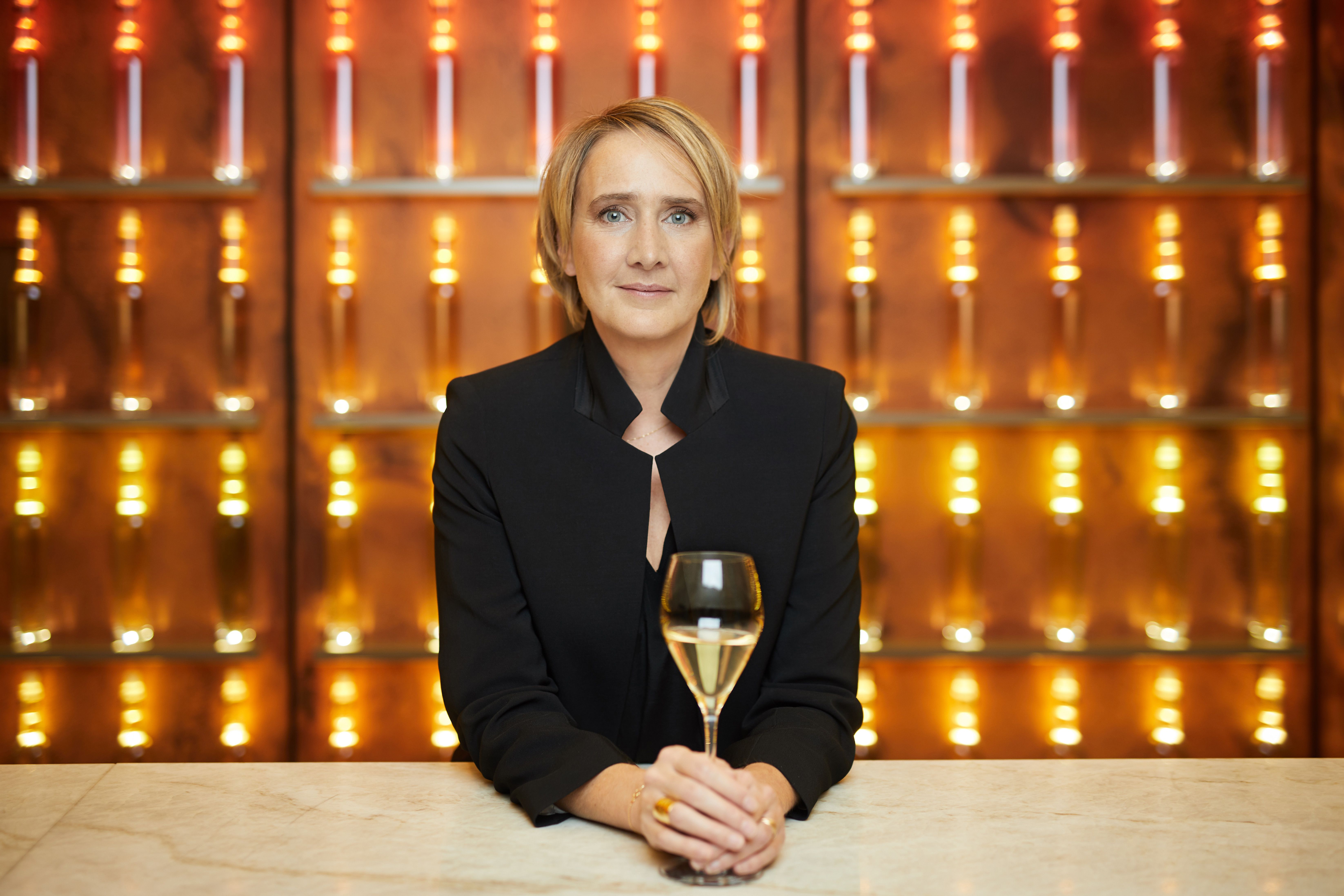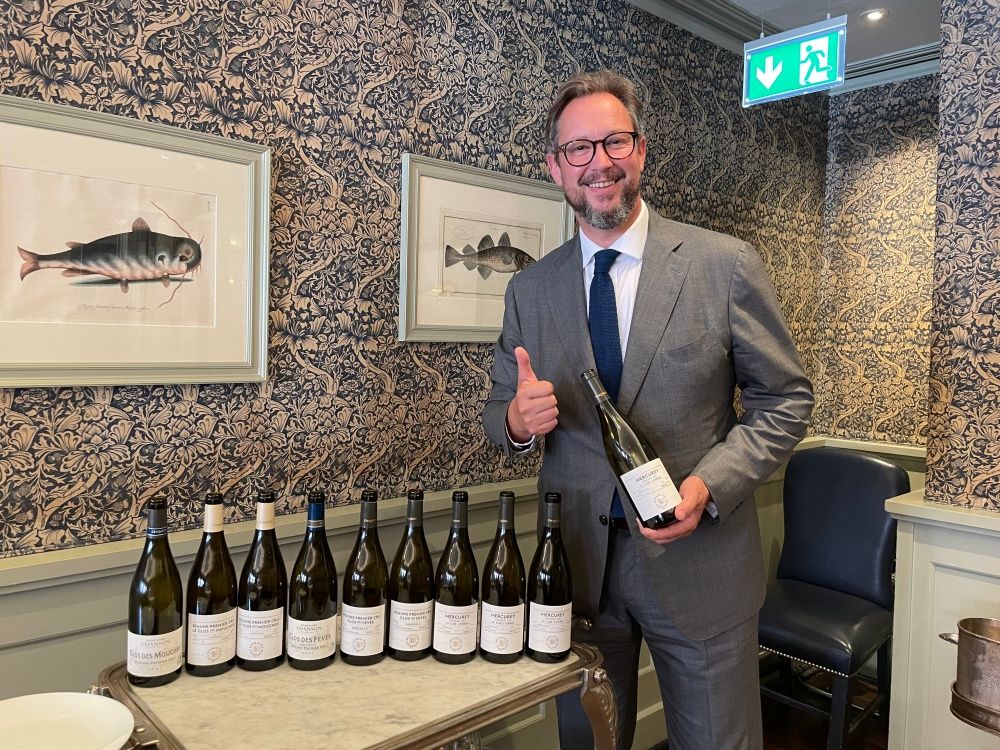The Old Vine Conference on March 23 and 24 hopes to shine the light on the work being done around the world to preserve, protect and promote what old vines can offer the international wine industry. Click here to register.
There has been much talk about the use of old vines around the world – but you are looking to take the topic and the initiatives that have emerged around old vines on to the next stage – how and why?
Over the last 20 years, a movement has emerged around the world, driven by pioneering winemakers and viticulturists, to discover, understand and protect our old vines and viticultural heritage. It’s on the cusp of changing the wine industry and deserves our help.
These vines are scientifically, qualitatively and culturally important. In many cases, they represent a type of farming that has been almost lost in the late twentieth century: rooted in highly differentiated local skills and terroir. As wine has gone global, we have standardised around a decreasing number of varietals and a tight genetic pool. Old vines represent an immense database of natural genetic diversity that we need to fight climate change and protect against new pathogens.
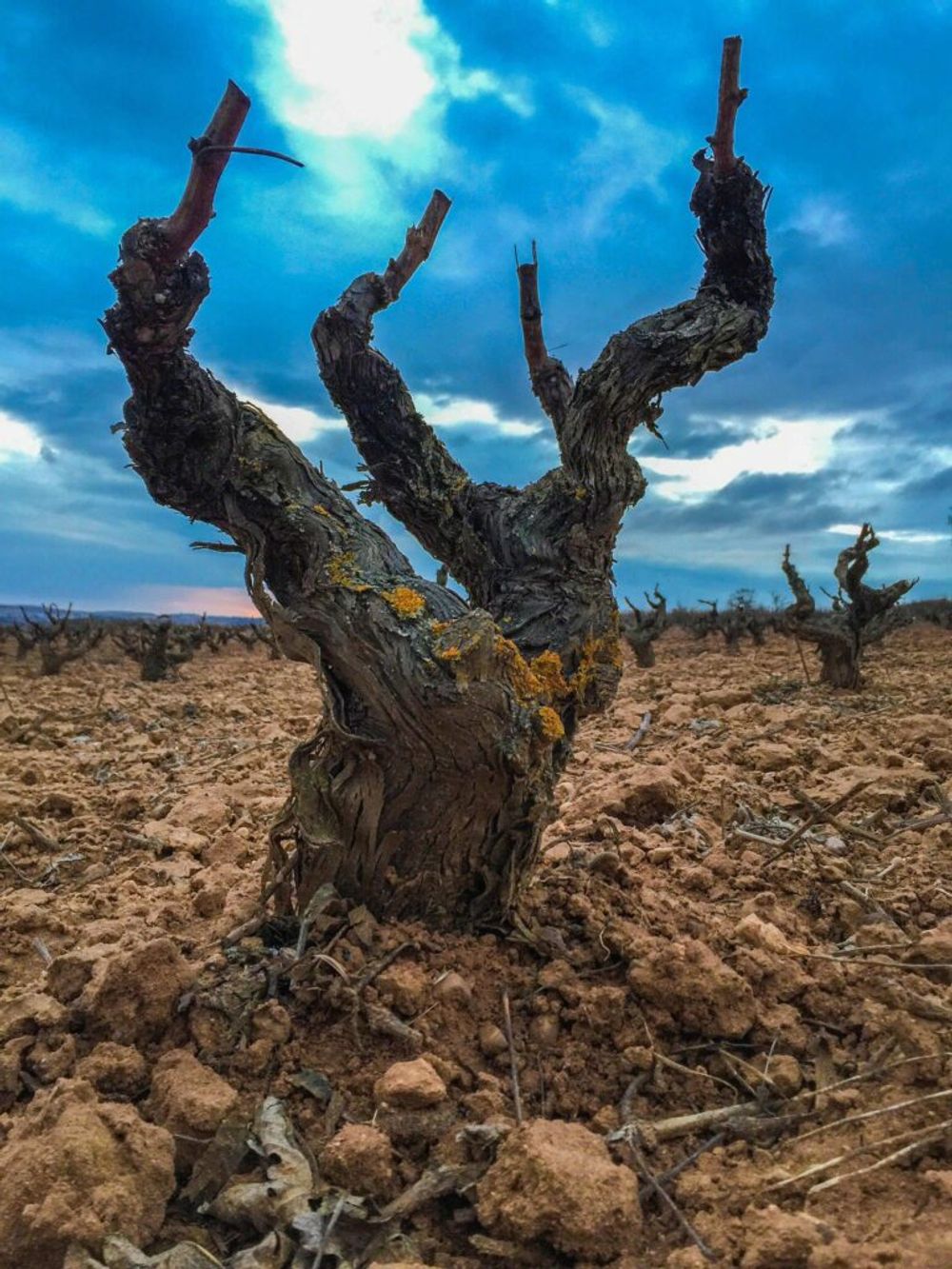
There is a kind of majesty about the power and structure of old vines like the ones here in the Ribera del Duero
There is a problem. While some in wine champion old vines (such as Jancis Robinson MW, who called them an “irreplaceable resource” back in 2010), “old vine” wine hasn’t been respected as a term, or given clear meaning. It is dismissed as marketing fluff, attached to average wines that claim to have been made from old vines, and the concept of old vines as living wine heritage has suffered from dilution. There is a very big difference between poor vines that have aged and heirloom vines that deliver unique flavour and deep regional character.
If consumers don’t know the difference then grape growers can’t be compensated for sustaining these wine treasures. It is much more difficult and costly to work with old vines than young vines. The wood is as thick as your fist and everything has to be done by hand. They look and act just like a fine and respected matriarch should. But every year we are losing them because they aren’t being paid for and we can’t just regrow them if the vineyards are lost.
There are still enough left that if we define the category, communicate with consumers and enable the winemakers, the industry will be able to deliver a wonderful new class of wines that represent real diversity and deep varietal and regional character. They have the power to sustain historic vineyard communities and make a difference for all of us.
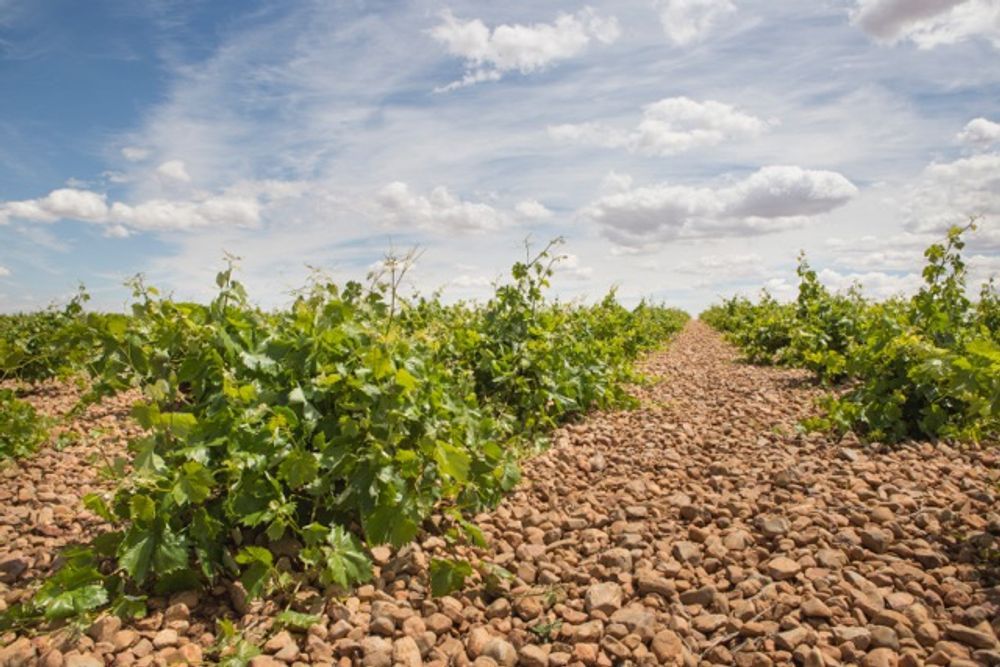
70 year old Airen vines at Bodega Verum La Mancha
Why do you have such a personal interest in old vines?
I studied classical, ancient history. When you read those Greek and Latin texts – people’s concerns, their humours, their squabbles, their passions really are eternal, a fact I find incredibly soothing. I think this is why I am so inspired by the origins of wine. It’s an infinitely old culture which connects with this sweeping desire humans have not only to relate to each other, but to relate to their environment and create something beautiful from it.
I think it’s for that reason that the humanity of wine has always inspired me. You can open a bottle and drink and take into yourself a wine from another lifetime. I think this is the greatest power of wine – the connection to things bigger than ourselves, a cycle of people enjoying themselves and wanting to bless their important moments.
I think another very important part of these heritage vineyards is that actually we can crack open the agricultural side of wine. If you look to premium food and other drinks, producers are unafraid to get into the detail of growing and production methods. But in wine, we seem to feel this is too boring or complex. Of course, not everybody wants to know this sort of detail, but it’s important enough to enough people that it can elevate the value and the enduring commercial integrity of these products. That’s what we need to do with these great old vineyards.
(You can read more about Sarah Abbott’s thoughts on old vines in this blog she has written for her Swirl Wine Group website here)
Who is behind the Old Vine Conference initiative and how did you come together?
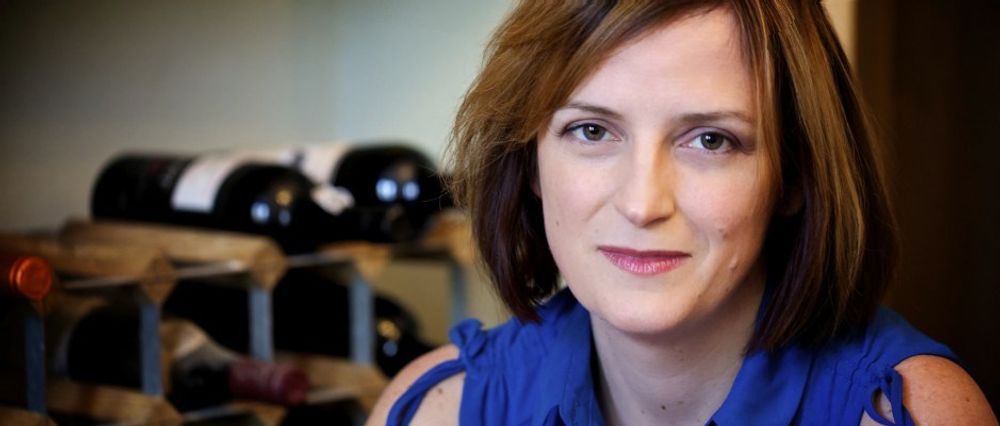
Sarah Abbott MW is part of the leadership team behind the Old Vine conference alongside Leo Austin and Alun Griffiths MW
The founders of the project are myself, Leo Austin, and Alun Griffiths MW. Alun was for many years the wine director at Berry Bros & Rudd.I run the Swirl Wine Group, which represents regional wine such as the National Wine Agency of Georgia. Leo is an entrepreneurial figure who went to China as a young man and ended up running one of the largest wine and spirits companies in the country. He was also principal consultant to Moët Hennessy on the development of their Ao Yun and Chandon China wineries. Alun and Leo worked together in Asia and we were all introduced through wine writer, John Stimpfig and David Rowledge of Alchemy Wines.
You hope to get the ball rolling with a conference – what are you looking to do?
The first conference this week – March 23 and March 24 – is to bring industry participants together, highlight global best practice, develop real, actionable projects and encourage participation. There are incredible stories to tell which we think will change a lot of minds.
This will potentially be a chance to bring all the main stakeholders around the world the chance to come together?
Yes. And the response has been fantastic – almost overwhelming in fact. We have over 300 registrants from all over the world, and from every part of industry and media. We knew from our researches that the champions of great old vine heritage were passionate. We didn’t realise just how many there are. So we have speakers and delegates from regions and countries known for their old vine heritage programs (such as The Barossa, Chile and South Africa).
We have also found out about incredible new projects, such as a program to recuperate 200 year old vines in Bolivia. This is such an embracing, deep, nuanced way to understand wine that we have enough speakers and angles to keep going for decades. We are already working on the next conference in June, which we will expand in scope.
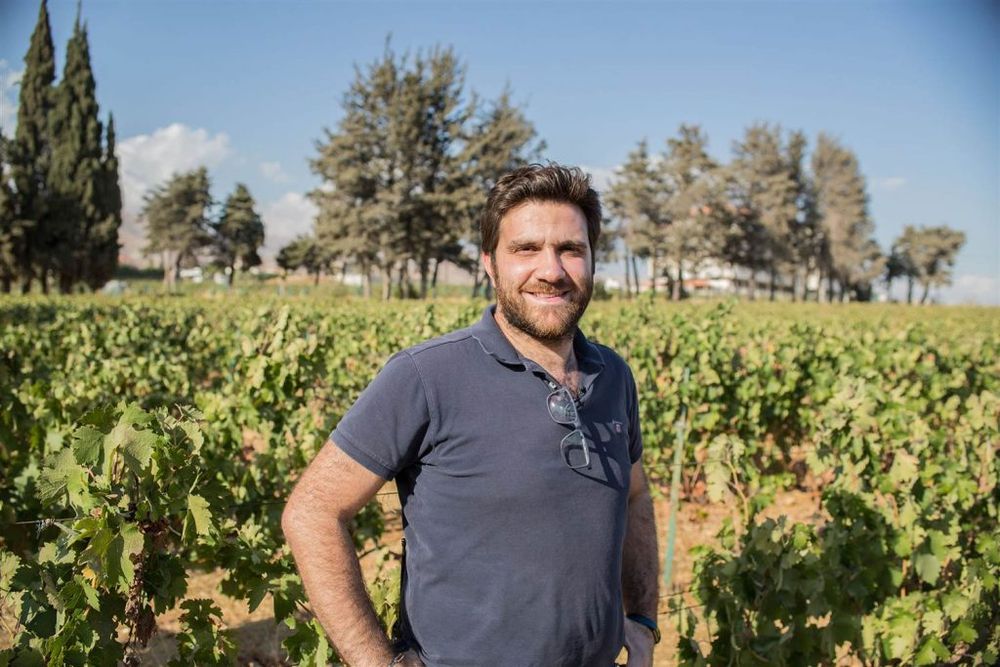
Faouzi Issa works with old vines at Domaine des Tourelles in Lebanon and will be sharing his experiences as part of the conference
What are you hoping the long term influence and impact of the conference and your work will have?
In the long-term, we hope that ‘Old Vine Wine’ becomes a global category of deeper meaning and increased value. We need to change the economics of old vines so that growers are compensated for great old vine fruit because the market is happy to pay more for it. We want to build our trustee and advisory committees and are inviting industry and media professionals to join us. We want this first conference to put old vine heritage on the agenda, and to connect industry. We are hoping to kick off a range of activities that will make old vine heritage real for industry, and consumers. For example, a tasting series of old vine wine from heritage vineyards around the world.
You are looking to host tastings and events down the line – what do you have in mind?
Consumers need to taste the difference between average vines and heirloom vines. With the support of winemakers all over the world, we are going to highlight these special wines and let people experience the difference for themselves. We haven’t seen anyone run vertical tastings with wines of different vine ages before, nor have we seen people show regional character through younger and older vines. As we do that, we hope that a new language and respect for old vines will emerge, in turn driving retail sales of old vine wines.
What other step are you taking in terms of investments and support?
Wine lovers adore diversity. We hope to build a membership of supporters that want to partner with winemakers to sustain heirloom vineyards. It would be a very exciting experience for everyone. We will also be reaching out to the groups that make and sell wine in the UK and internationally and asking for their support. Each large organisation now has an ESG (Environmental, social and corporate governance) mandate and by reinvesting in the science, heritage and communities of winemaking they can make an immense contribution to the future of wine.
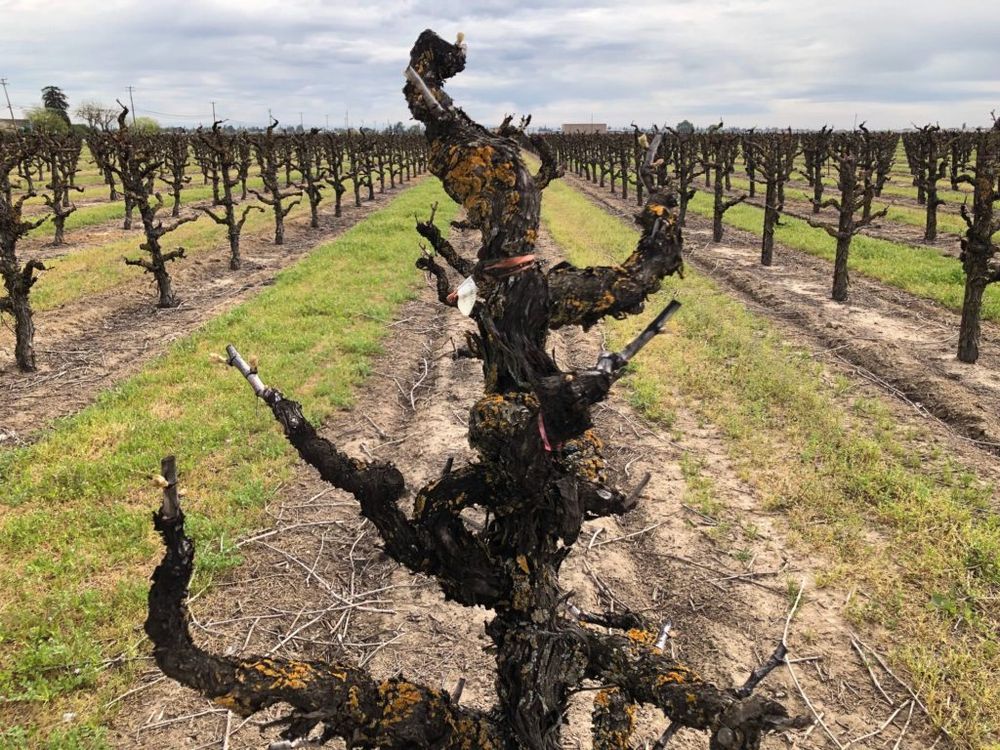
Old vines dating back to the 1880s are attracting more ambitious winemakers to Lodi in California
Where are you getting your funding from and how can businesses and individuals support you?
Leo has provided the start-up funding for the organisation and we have provided the resources through the Swirl Wine Group. Madeleine Waters of CoCo is providing event management and PR support. We’ve been thrilled with the support we’re received from the world of wine.
Going forward we need locations for wine tastings, help communicating with consumers, partnership from the multiples to create the category and funding to support the growers.
What are the next steps in keeping the momentum going?
Please join in the conference. Please get in touch with your ideas – to become members, supporters or partners on (sarah@swirlwinegroup.com). We will be launching our first tasting events after lockdown. We will be crowdfunding support for our first vineyard at risk over the summer (with supporters actually partnering on the vineyard and enjoying the wine) and we’ll be putting our second conference on in June, highlighting a new generation of winemakers and researchers whose work needs to be known.
Old Vine Conference March 23 and March 24
The inaugural Old Vine conference has brought together a line-up of industry leading speakers with what will be four separate mini conferences held twice a day on March 23 and March 24. The days are being hosted by Sarah Abbott MW, Tim Atkin MW and Dr. Jamie Goode who will each talk to the speakers about their work.
March 23
Two sessions at 11am and 2pm GMT
Led by Tim Atkin MW and Sarah Abbott MW
Welcome and introductions
11:15-11:45 GMT
Elías López Montero, Winemaker at Bodegas Verum, La Mancha, Spain
11:45-12-15 GMT
Faouzi Issa, Winemaker at Domaine des Tourelles, Bekaa Valley, Lebanon
12:15-12:45 GMT
Salvo and Simone Foti, Viticulturists and winemaker at I Vigneri, Etna, Sicily
12:45-13:15 GMT
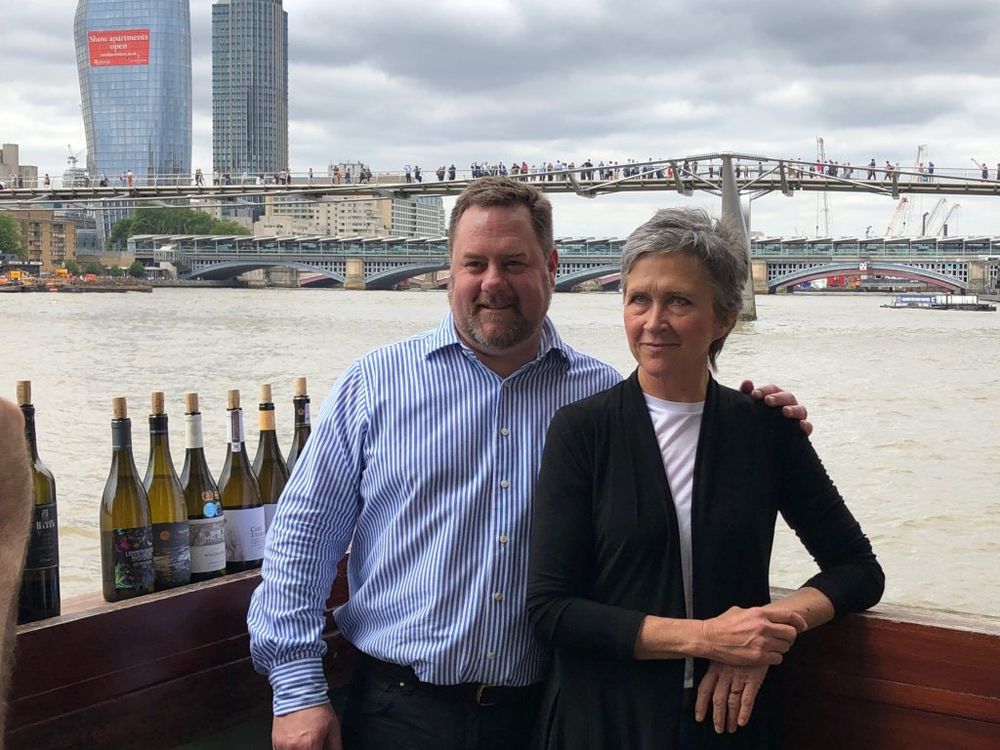
Rosa Kruger and Andre Morgenthal will talk through the Old Vine project that has done so much to pioneer old vine initiatives around the world
Rosa Kruger and André Morgenthal, Old Vine Project, South Africa
Questions and discussions and next steps 13:15-14:00
Wednesday 24th March
5pm to 8pm GMT
Led by Dr. Jamie Goode and Sarah Abbott MW
Welcome and introductions
17:15-17:45 GMT
Marco Simonit, Viticultural consultant, co-founder at Simonit and Sirch
17:45-18:15 GMT
Dan Miller, founder at Steward, investor in regenerative agriculture
18:15-18:45 GMT
Tiago Macena, Consultant and Winemaker, Portugal
18:45-19:15 GMT

Lodi’s Stuart Spencer says its sustainability programme has been built for and by the growers
Stuart Spencer, Executive Director Lodi Winegrape Commission
Questions and discussion and next steps. 19:15-20:00
- To register to attend the conference then click here.
- For full details on the conference and its long term goals then click here.
